Last year in Athens, rumours raced about Rachel Cusk’s creative writing classes at the British Council. Some of the (mostly Athenian) pupils revered her for her intelligence and pitiless honesty, while others reviled her for her ‘colonial attitude’ and an apparent antipathy towards Greeks. One might suspect Greeks of tending towards intense emotional reactions, but the phlegmatic British have had no less divided opinions about Cusk’s books. The author of seven novels, she was amongst Granta’s best young writers in 2003, yet her memoirs about the horrors of having babies (A Life’s Work: On Becoming a Mother) and about the break-up of her ten-year marriage (Aftermath) provoked outrage as well as adulation. It was thus with curiosity and some trepidation that I began Outline, fearing that her version of events in Athens might be unflattering to the people I have lived among and admired for many years.
The book begins with a characteristically forensic description of Cusk’s flight out to Greece to teach a creative writing course. She meets a ‘small man in a pale linen suit, richly tanned, with a silver plume of hair’. It is easy to picture her taking notes, taking in the air hostesses’ ‘rasping’ nylon stockings and observing her neighbours. An early suspicion rises that this latest publication was easy pickings: teach a couple of weeks abroad and spin a quick, parasitic book from it. But the uncharitable thought is rapidly dispelled. Cusk is fully engaged with her subject and her edgily observant, eloquent writing pulls the reader straight in. The silver-plumed man is never named, but we enter his life-story as with a character in a novel. And in fact the book is said to be a novel, though it rarely feels like one. It is only the finely worded phrasing spoken by everyone the author encounters that betrays the fact that words have surely been placed in their mouths; everything else seems to be reportage.
Although the unnamed ‘neighbour’ is ‘a good foot shorter’ than Cusk ‘and twice as wide’, she joins him for expeditions on his speedboat and learns enough about his marriages and his children to fill many pages. This doomed admirer is just one person among several Greeks, the author’s fellow creative writing teachers and her students, who fill the book with convoluted but intriguing conversations and stories. If Cusk’s ex-husband and children have already experienced the dangers of exposure due to having a writer in the family, Cusk’s students, friends and casual acquaintances have now been warned. She betrays a friend’s incriminating remarks about a Greek woman novelist who joined them at dinner, but she is equally clear-eyed and hard-nosed about herself. One of her pupils leaves the class in disgust declaring, ‘You’re a lousy teacher.’
Although Cusk comes across as an uncompromising, even difficult person, my fears that she would trample all over the Greeks were unfounded. Instead, she has collected some compelling, unusual characters in a book whose almost dream-like quality has razor-sharp edges.
Got something to add? Join the discussion and comment below.
Get 10 issues for just $10
Subscribe to The Spectator Australia today for the next 10 magazine issues, plus full online access, for just $10.
Available from the Spectator Bookshop, £14.99. Tel: 08430 600033. Sofka Zinovieff’s forthcoming family memoir The Mad Boy, Lord Berners, My Grandmother and Me is out next month.
You might disagree with half of it, but you’ll enjoy reading all of it. Try your first month for free, then just $2 a week for the remainder of your first year.

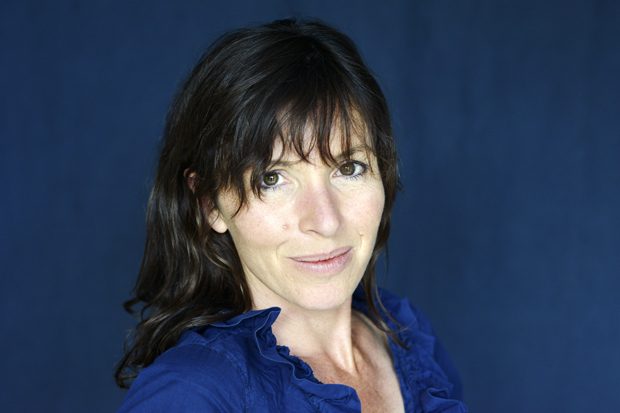
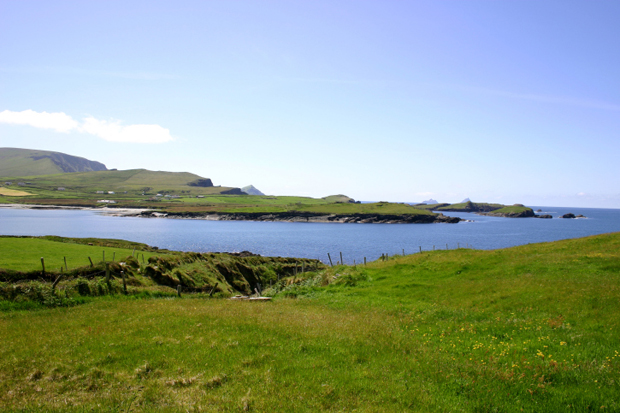
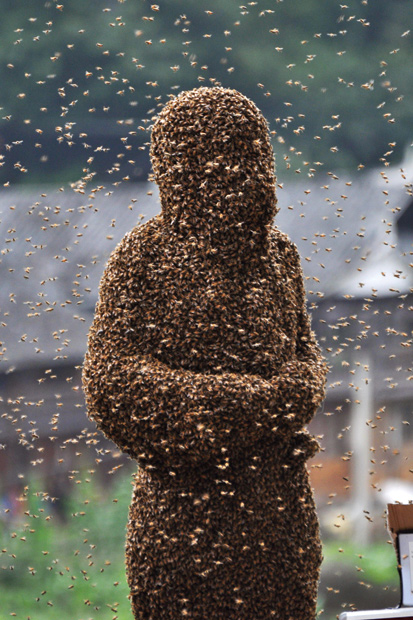

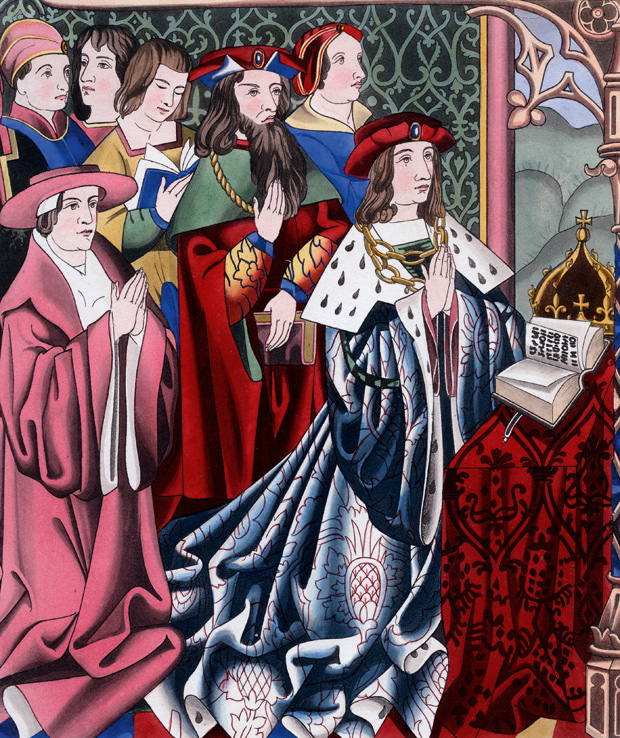
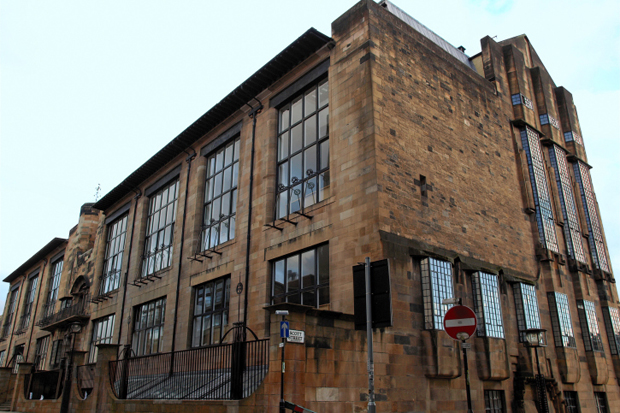
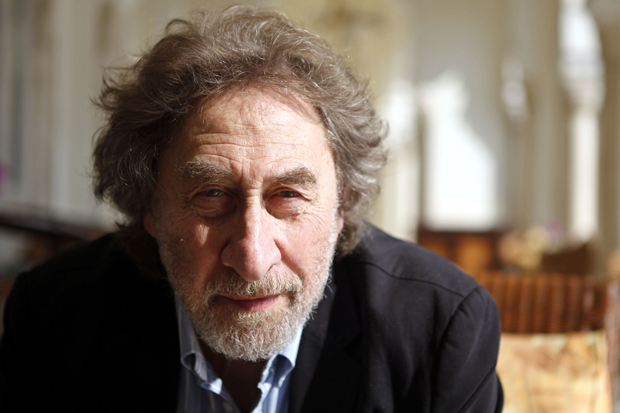






Comments
Don't miss out
Join the conversation with other Spectator Australia readers. Subscribe to leave a comment.
SUBSCRIBEAlready a subscriber? Log in